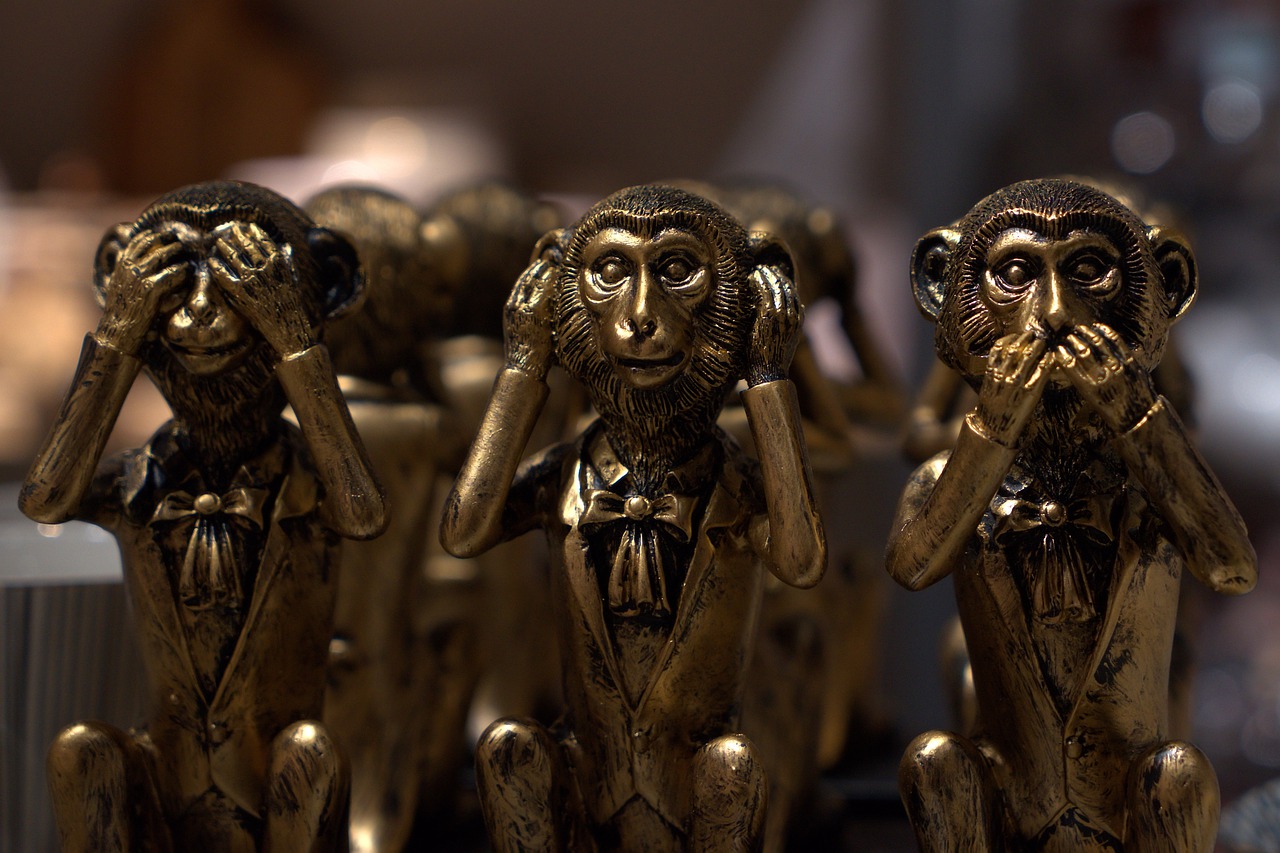Why do we still fall for moral panics?
Moral panics should be familiar to anyone who has picked up a tabloid at any point in their lives. Music, TV, Movies, Computer games, races, religions, sexualities and genders have all entered the crosshairs of this cultural phenomena and no doubt someone, somewhere is at this moment asking why no one will think of the children.
No matter what they target however, the method remains the same. Spark outrage and seek to spread it as far as possible amongst the populace in order to damage a reputation or spread an ideology, in short, moral panics are simple propaganda. The question however is, if they’re so easy to identify, why does anyone fall for them?
Moral panics have an in-built appeal, on the surface they’re usually perfectly respectable. They broach their concerns in terms that seem reasonable, concern for children or vulnerable parts of society, some challenge to the accepted norms that operate within society. Scratch that surface however and you can see how thin that veneer of respectability often is.
Moral panics are nothing new of course, the prime historical example being the Salem witch trials. Naturally, there was a religious element to the trials and it’s entirely possible that at least a few of the Salem townsfolk really did worry that witches might walk amongst them. When you examine the story of the first three women to be accused however, you very quickly find that another story suggests itself.
The towns Reverend, Samuel Parris was known for trying to find fault with the lifestyles of his parishioners and punishing them for anything he discovered. That his daughter and niece where the origins of the accusations against Sarah Good, Sarah Osbourne and Tituba should be the first clue that something wasn’t right.
Each of those women however, had some aspect to their lifestyles that set them apart from the rest of the towns population. Sarah Good was often homeless and relied on the charity of others. Sarah Osbourne was noted by some as not being as religiously dedicated as others, but she was also involved in a dispute over her first husbands will which set her against another Salem family. Tituba was a slave in the household of the Parris family and her confessions have been said to be the outcome of beatings and coaching from Samuel Parris’s own hands. As you can see, we don’t have to search too far into the personal stories of those involved to see the way in which Salem was able to use the moral hysteria of a witch trial, in order to rid themselves of elements of their town they wished to remove.
Sadly, a few hundred years later, the same tricks can still be shown to work. Campaigners like Tipper Gore, Mary Whitehouse and Jack Thompson have all carried out a variety of moral crusades against one medium or another, seeing them as a challenge to the values they feel society should hold. For Gore and the PMRC it was the messaging she found in the lyrics of a multitude of songs which she felt should be categorised and potentially censored. The idea of a classification system wasn’t a new idea, film boards had been assigning ratings to films for some time, however the language used and the setting of a large scale hearing on a political stage spoke the truth of PMRC’s intentions.
Jack Thompson meanwhile used his platform as a lawyer to attach himself to high profile cases which he felt could add weight to his campaign against ‘violent video games’. He placed claims on behalf of those he saw as corrupted by video games , attempted to join the defence teams of teens accused of murder and was eventually disbarred over his repeated attempts to pursue companies such as Rockstar and Midway through legal channels.
That campaigns like Thompsons and Gore’s were able to gain some traction, and in the case of the PMRC affect some small change in the form of explicit lyrics stickers, shows that what are essentially personal crusades can still find a larger audience if given a platform. It is this that is the darker aspect of moral panics and the thinking they inspire.
The sheen presented by moral panics allows people to confirm their prejudice, and even act on it, without having to admit to the truth of how they feel. The issue of Immigration and asylum in the UK is a perfect example of this type of thinking at work. The run up to the Brexit referendum saw discussion on immigration not only rise to the top of politically important debate, but also saw it framed as a form of invasion, rather than the essential economic role it plays for the UK. Stories of Muslim immigrants setting up Sharia Law courts throughout the country took hold in the media and as a result, those on the fringe of Islamophobic and racist belief had their doubts assuaged. It also provided hate groups with a much-improved reach for their messaging and a handy recruiting tool.
The truth of moral panics is that although we may be able to see through them, they are able to reach those who are unsure or vulnerable. They work their way through our ever-increasing social channels, using the ease of spread that they provide in order to find those that may have previously been untouched by more mainstream media forms. With their increased ability to spread however, comes our increased ability to combat them. More than ever before we are in a position to combat the untruths and misinformation that moral panics seek to spread throughout our communities. The responsibility to expose them to the truth now falls to all of us.

